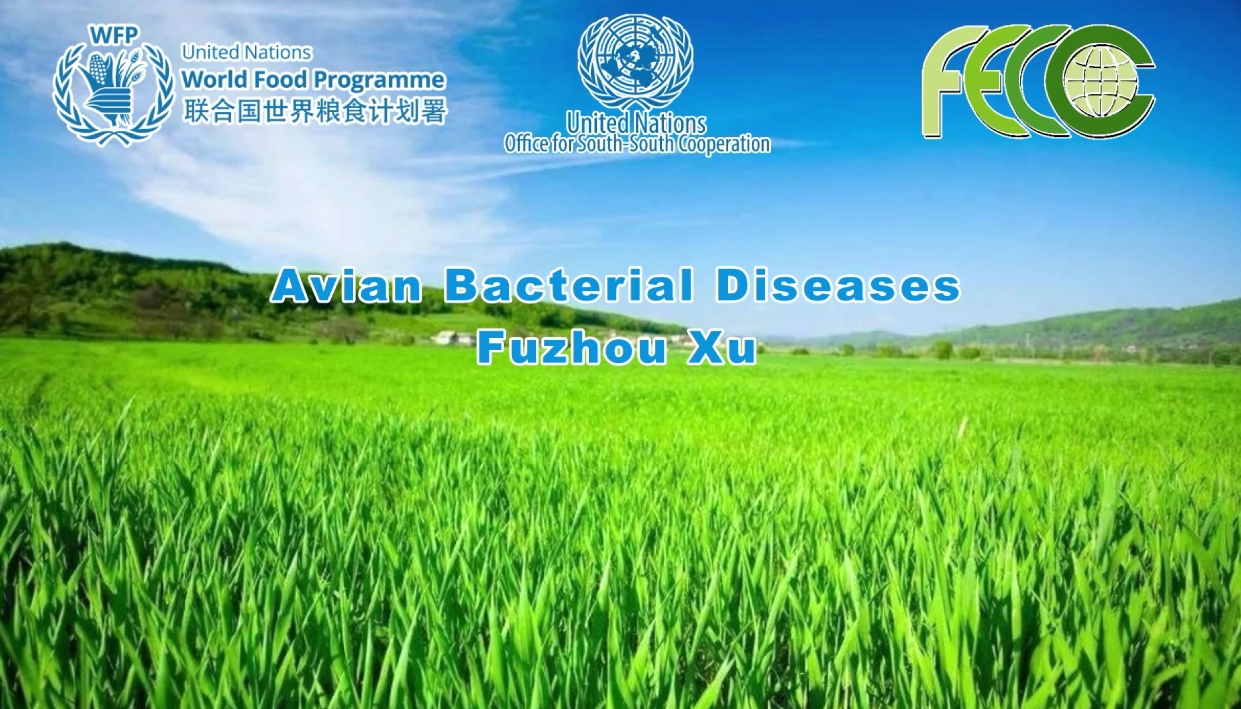This course mainly focuses on avian bacterial diseases. It covers several key aspects, including Salmonella and Campylobacter infections, elucidating their public health importance, etiology, and diagnostic methods. The course then proceeds to discuss Colibacillosis, Fowl Cholera, Infectious Coryza, and Mycoplasmas in detail, highlighting their economic impacts, pathogenicity, clinical manifestations, and intervention strategies such as vaccination and antimicrobial therapies. Through comprehensive coverage, the course aims to equip learners with the knowledge and skills necessary for effective management and prevention of avian bacterial diseases, thereby safeguarding poultry health and minimizing economic losses.
This course is part of a series of technique training focusing on vegetable cultivation and poultry feeding, offered under the Country Pilot Project titled "Sustainable Agriculture and Value Chain Development SSTC Cities Project Pilot Initiative in Nepal".
* Participants who successfully complete the course and pass a corresponding quiz will receive a certificate of achievement.
.png)
.png)





Learner Satisfaction Rating
Reviews